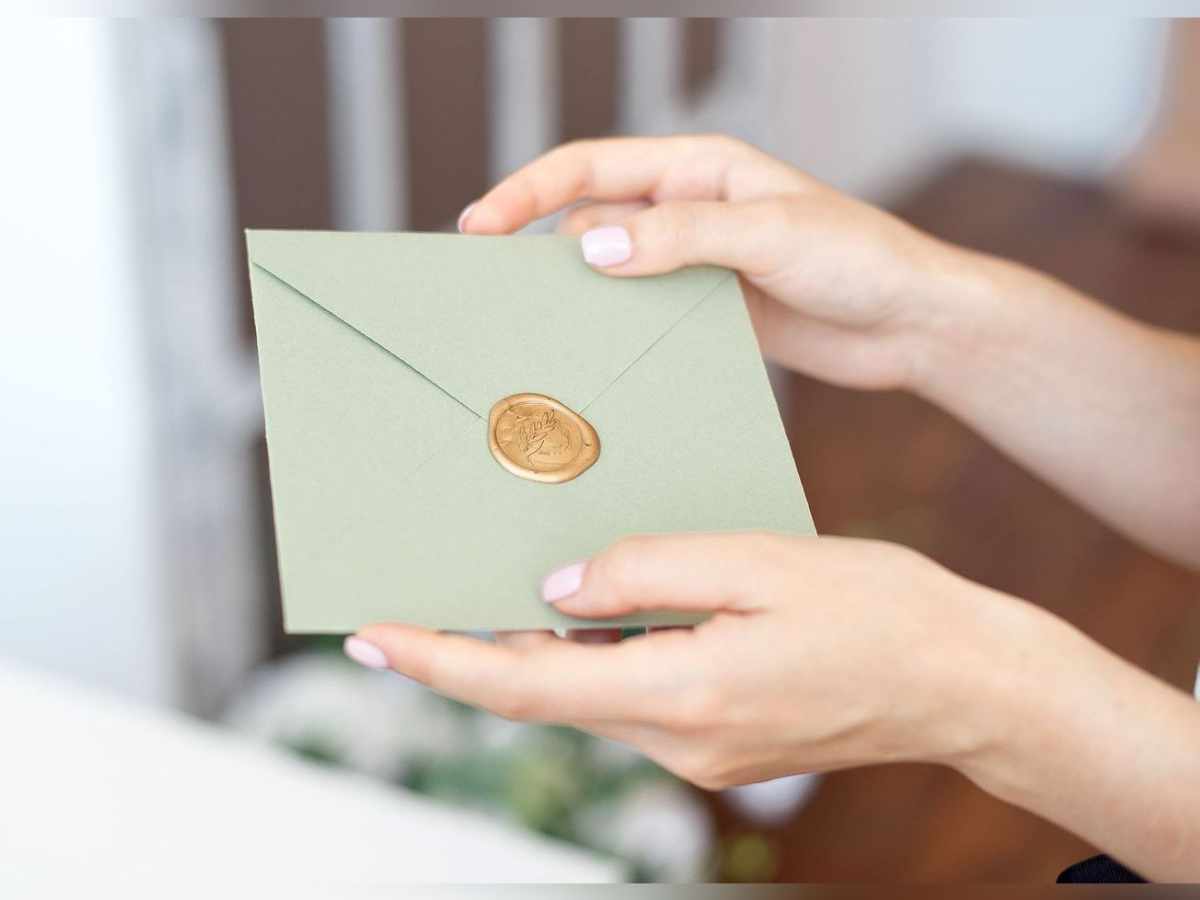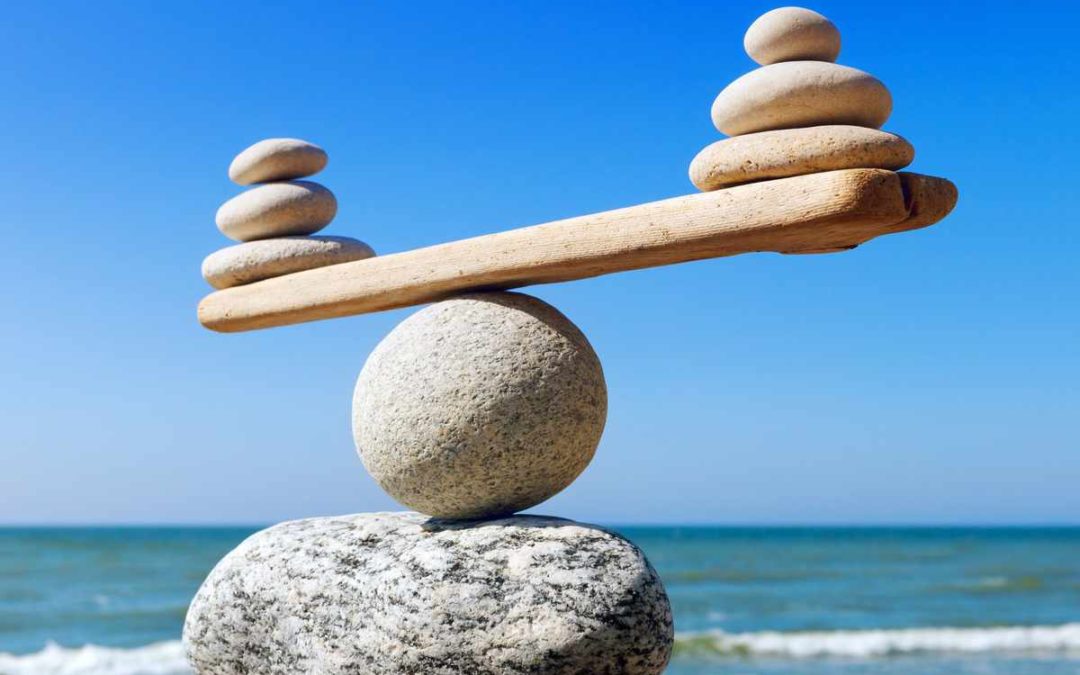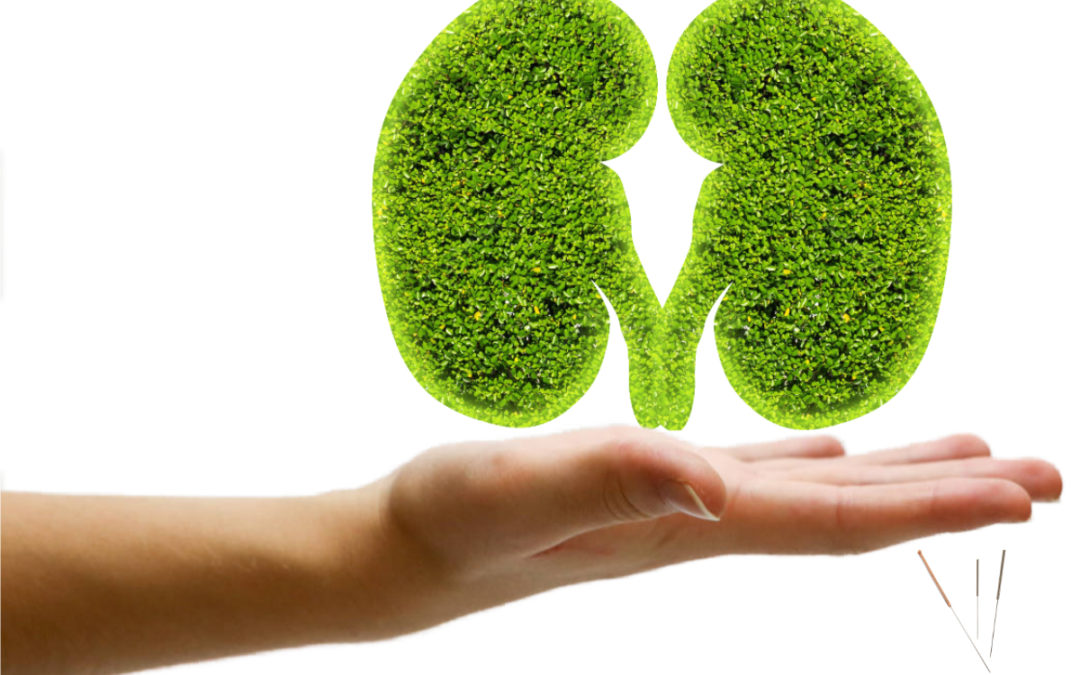
The kidneys, the root of life
These valuable organs play an essential role in longevity
In Chinese medicine, the kidneys have an essential place. Indeed, these two precious organs manage and generate our vital energies.
In traditional Chinese medicine (TCM), the function of the kidneys is referred to as Yáng energy. The organ itself is referred to as yin. The Kidneys as a system are the major source of the overall vital energy (yin and Yáng) of the whole body. When the energy of the kidneys is totally depleted, death occurs.
The kidneys store the essence responsible for the development of the embryo, birth, growth and fertility. The quality of this essence will impact the fundamental energy balance of the individual. The Kidneys are therefore our foundation.
In TCM, the essence of the Kidneys is called the Jing. The term “Jing” refers to an ethereal, purified substance, an essence. The term refers to extraction, but also to the perfect, the excellent, the subtle. Jing is the quintessence of vital energy (Qi). The Jing associated with the original Qi plays a catalytic role in the formation of blood and marrow. This quintessence is a vital force received before birth and concentrated, preserved and stored in the kidneys.
Jing comes from two sources:
- The prenatal essence, which is the Jing inherited from the parents (innate Jing)
- The postnatal essence, which is the Jing drawn from food and air (acquired Jing).
The innate Jing, which comes from the sexual essences of the father and mother, is present from the moment of fertilisation. It conditions the child’s vitality, development, health and immunity.
Mìng mén: the door of life or door of destiny
Acquired Jing comes from the subtle essences extracted from food by the spleen and stomach, and from the air by the lungs. When the postnatal Jing is abundant, it is stored in the Kidneys and maintains and nourishes the prenatal Jing.
The essence of the Kidneys conditions the whole of a person’s life: from growth in childhood to maturity in adulthood, but also later on, when illnesses may occur, and until death. More generally, it can be said that vitality and longevity depend on the quality of this essence.
Mìng mén or “Gate of Life” is also called the gate of destiny (命门). Mìng mén is a place materialized by an acupuncture point located at the 3rd and 4th lumbar vertebrae. This is where the innate Jing, the foundation of Life, is stored. It is the root of the original Qi (Yuan Qi) and the source of the fire minister xiāng huǒ ( 相火). To put it simply, we will say that the ministerial fire belongs to the San Jiao or three foci (lower, middle and upper), and in particular to the lower focus. This is the seat of the ministering fire which acts on the maintenance of the viscera’s functionality. It warms the lower focus, maintains the sexual functions, helps the kidneys in their function of controlling the reception of Qi.
Mìng mén is also considered the Palace of Water and Fire. These two notions are assimilated to the Yin and Yáng aspects of the Kidneys. If the Fire of the Gate of Life is insufficient, the Original Qi cannot flourish, resulting in a general vacuum of Qi and Blood.
The kidneys govern the waterway

It is in Mìng mén that the reserves of sperm and ovules reside, referring to the genital, sexual and reproductive functions of the kidneys. Here we find the concept of a door, as the fertile essence comes out of the man to enter the woman.
In TCM, the kidneys govern the waterway. They regulate urination and provide energy (Qi) to the bladder so that it can excrete urine.
The kidneys, through their function of governing the waterway, regulate the separation of the pure from the turbid in the Small Intestine, Large Intestine, and Bladder. The kidneys support these three viscera in their filtering role. This is why taking medicines such as antibiotics, if excessive, will eventually hurt the essence stored by the Kidneys and weaken it.
By warming the liquids, the Kidney Yáng makes them circulate and prevents oedema, which is an accumulation of water. In addition to their role as regulators and filters, the Kidneys control the Heart, as Water controls Fire in the 5 Element theory.
Repeated physical efforts, overwork, old age, sexual excesses in men, close pregnancies in women, weaken the kidneys. To this can be added other imbalances such as blood or energy stagnation as well as exposure to external pathogenic factors: humidity, cold, heat. It is necessary to establish an energy balance according to the symptoms of each person.
Pain may appear in the lumbosacral area, sometimes radiating to the lower limbs (knees). In TCM, the lumbar region is the palace of the kidneys; thus, an emptiness of the kidneys is the root of all lumbar pain.
Sexual dysfunction and kidney energy
The kidneys control the sphincters, they control the opening and closing.
If the energy of the kidneys is weak, retention is difficult. It is said that the energy of the kidneys is not strong. This can lead to symptoms of urinary or faecal incontinence, frequent and night-time urination, and dripping after urination.
Urinary incontinence results in uncontrollable and involuntary loss of urine, which occurs during the day or night. Urinary incontinence is more common with age. But it can have other origins such as a weakened perineum, a prostate disorder or a chronic health problem.
Nowadays, sexual dysfunction and desire disorders are common. They affect everyone and occur at any age. One of the reasons for this is an inadequate lifestyle (constant stress, frustration, emotional problems and/or an unhealthy diet).
The main forms of male sexual dysfunction are :
- Erectile dysfunction
- Decreased desire
- Premature ejaculation

However, here again, certain health problems such as diabetes, high blood pressure, depression, and the taking of certain medications, can be the cause of sexual dysfunction.
As a reminder, the function of the Kidney Yáng is to warm up the essence. It therefore promotes sexual functions. It is the Kidney Yáng that gives energy to the erection and is partly responsible for desire. Cases of general or sexual overwork lead to an emptying of the Essence, which leads to an emptying of the Kidney Yang.
Sexual functions also have a link with the Heart. If there is a void of Kidney Yin, the Heart is not refreshed by the Yin and the Heart Fire no longer descends. This can also cause sexual dysfunction.
Prendre soin de l’énergie des reins
Dans la medecine traditionnelle chinoise (MTC), les reins sont associés à l’hiver. Il sera donc particulièrement important de soutenir l’énergie des reins en hiver. Qui plus est, comme nous l’avons vu, les reins sont le réservoir de notre énergie vitale, notre batterie interne. Il convient donc d’en prendre le plus grand soin.
L’hiver est une saison où il convient de se ménager, donc de se reposer et de dormir plus que durant le reste de l’année. Cette saison étant la plus yin, elle invite à rester à l’intérieur et à avoir des activités plus calmes et plus intérieures. Il conviendra de manger et boire davantage chaud, particulièrement dans les pays où l’hiver est froid, et à protéger les lombaires du froid.

Les aliments principaux qui vont tonifier le Qi des reins sont les oléagineux (notamment les noix), les haricots rouges et les haricots azuki, le sésame noir (que l’on peut parsemer sur tous les plats ou intégrer dans des desserts sous forme de pâte).
On peut aussi consommer de la cannelle qui a une nature très chauffante. Le gingembre est également de mise puisqu’il réchauffe et aide a la digestion.
En MTC, les reins sont associés à l’émotion de peur. Donc, pour prendre soin de ses reins en profondeur, il convient de se distancer de ce sentiment de peur. Pour cela, les activités demandant un fort contrôle de soi-même comme l’escalade, les arts martiaux etc sont fortement indiqués. Ils ont tous cette capacité de renforcer la confiance en soi. Ainsi, l’on apprend peu à peu à se distancer de ses émotions.
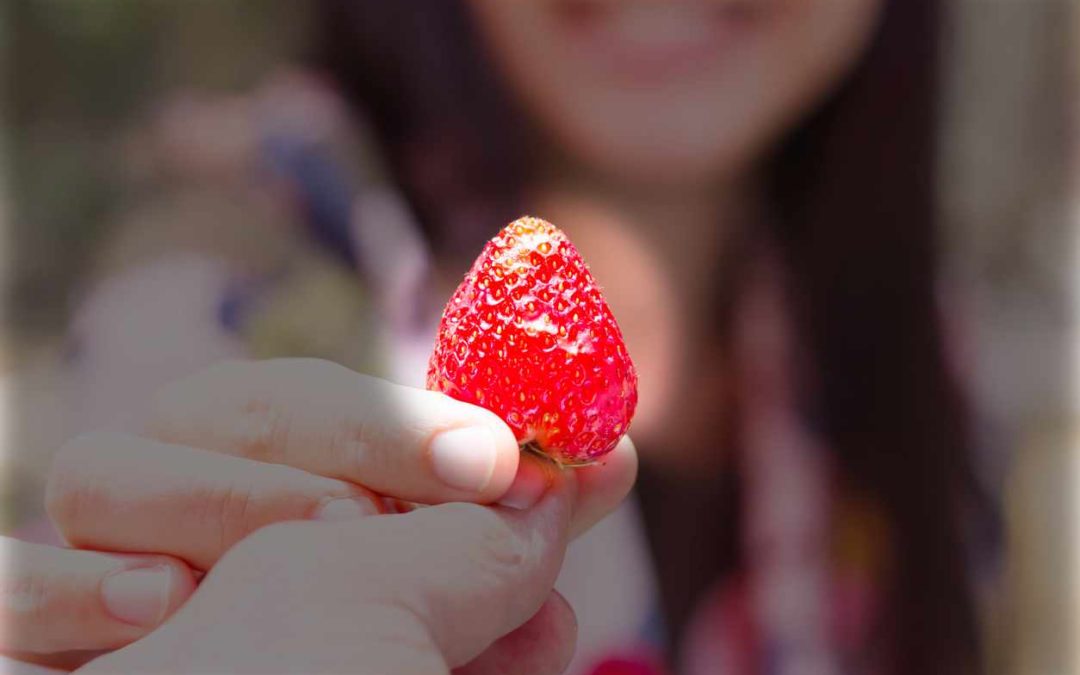
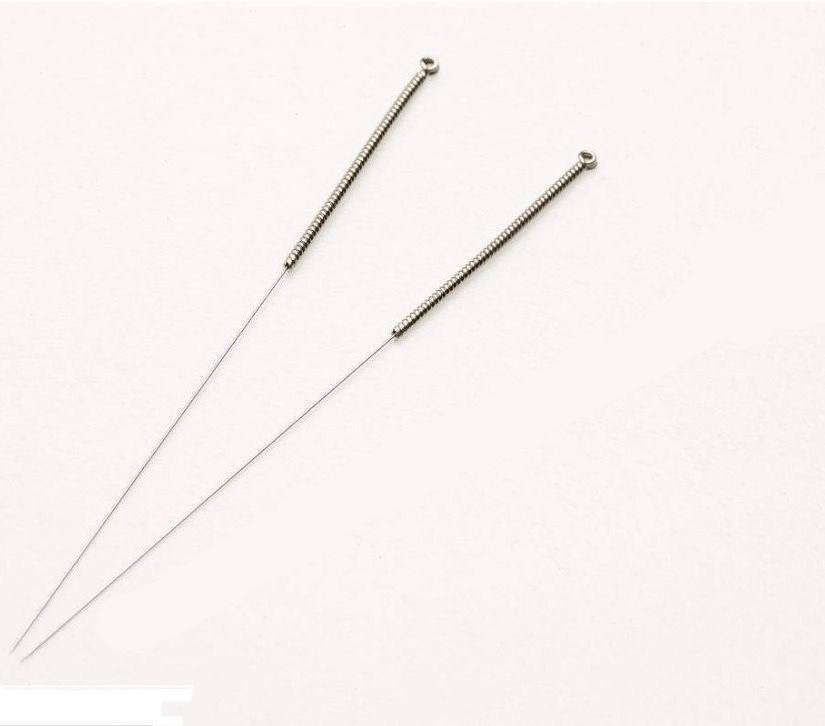 At a time when materialism and egocentrism have damaged humanity, it is perhaps time to reconnect with the values that make us human. Among these, kindness and compassion are natural to humans; what’s more, their practice has a positive impact on our health. So why deprive ourselves of them?
At a time when materialism and egocentrism have damaged humanity, it is perhaps time to reconnect with the values that make us human. Among these, kindness and compassion are natural to humans; what’s more, their practice has a positive impact on our health. So why deprive ourselves of them?
